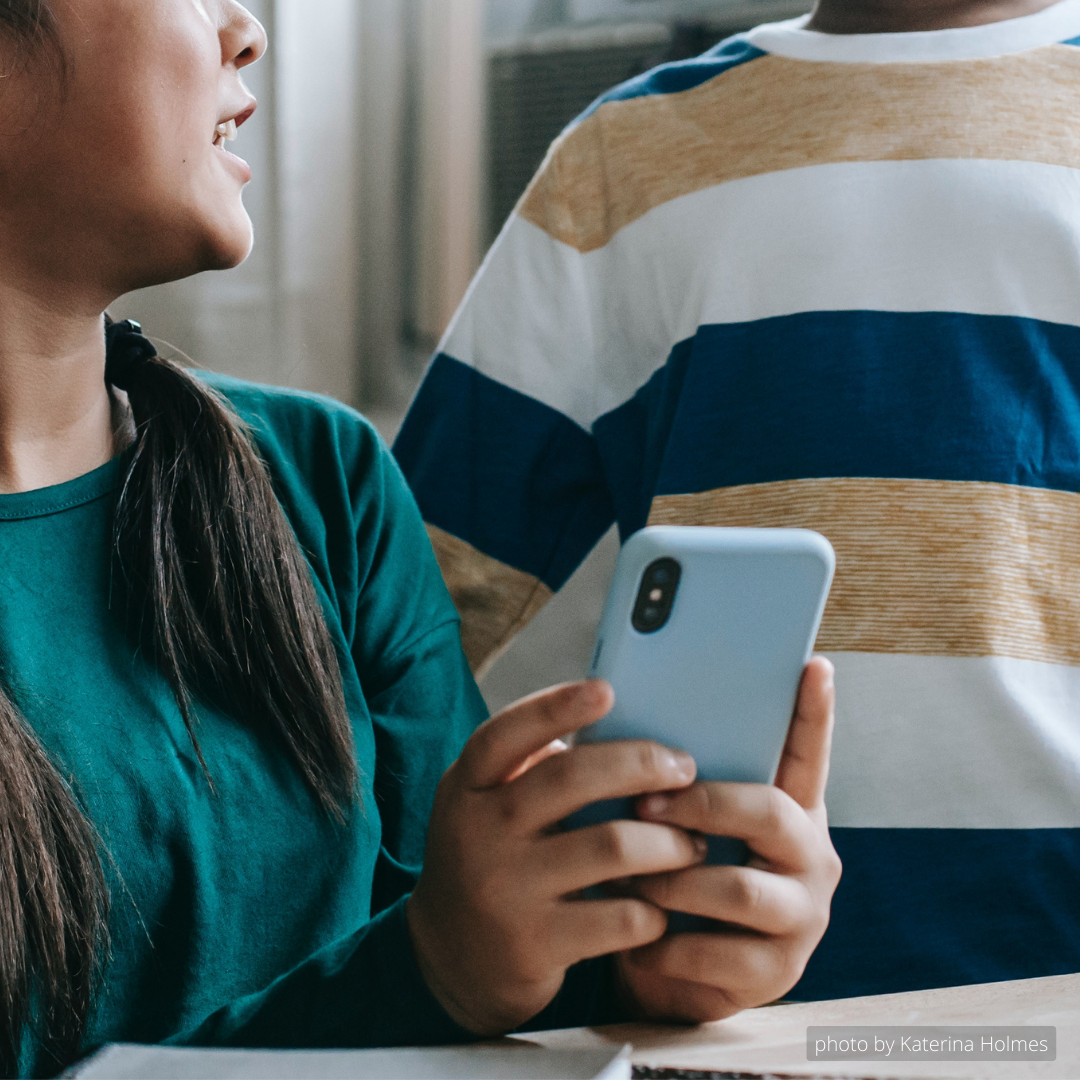Survivors of online child sexual exploitation and abuse need their parents and caregivers to be more involved and understanding about their online lives.
Even when things were going wrong or they were coerced, they didn’t want to lose this part of their lives.
None of the young people described being taught about technology, aside from vague warnings about the risks of the online world. The simplistic message from adults that ‘technology is dangerous’ sometimes had the effect of discouraging help-seeking when things went wrong, for fear of being blamed:

“No, I did not [tell her], because I was afraid because my mom had warned me not to communicate with people that I do not know on social media, so I was afraid that she will criticise me for doing that. I had to be my own rock ma’am.”
~ young survivor, Namibia

This was also the case in relation to sexuality and early sexual relationships. Young survivors offered advice to caregivers about how to manage being online, which emphasised the need for caregivers to talk to children about their online activities in ways that were supportive, rather than punitive:
“Have an open conversation with your child. If you don’t correct their mistakes, there might be someone trying to correct them in the wrong way. Remember: children can tell the offender that ‘my mom took away my phone for two weeks’, that person can teach the child how to make sure that your parents don’t see what you are talking about. He will say, ‘Save my name as best friend and this is how you delete’.”
~ young survivor, Namibia
Investing in digital literacy programmes for children, caregivers, and teachers is essential to ensure that both children and trusted adults are not only aware of possible risks of the online world, but that they know what to do about them. This should include information about what children can do if they are being bothered online, what kind of content is appropriate to share online with others, and basic skills, such as how to change their privacy settings and block people from contacting them.
Funded by the Global Partnership to End Violence Against Children, Disrupting Harm is the largest scale comprehensive research study ever undertaken on the topic of online child sexual exploitation and abuse which specifically focused on 13 countries in Southeast Asia and Southern and East Africa between 2019 and 2022. The study is a joint collaboration between ECPAT, INTERPOL and the UNICEF Office of Research – Innocenti.
Adjacent to the country-specific research activities, Disrupting Harm: Conversations with Young Survivors centres the perspectives of young survivors of online child sexual exploitation and abuse. The conversations focus on understanding and interpreting what these young people were subjected to, as well as their ideas concerning the best solutions.
Join us virtually on 19 January 2023 from 3-5pm UTC+7 for the online event Disrupting Harm: Conversations with Young Survivors of Online Child Sexual Exploitation and Abuse.
Hear from child protection professionals and youth participants as they present the key messages shared by survivors who participated in the conversations for the Disrupting Harm project.
About Disrupting Harm, our research, and our partners
Comment, like and share to help us get the word out! #DisruptingHarm
Twitter | Facebook | Instagram | LinkedIn